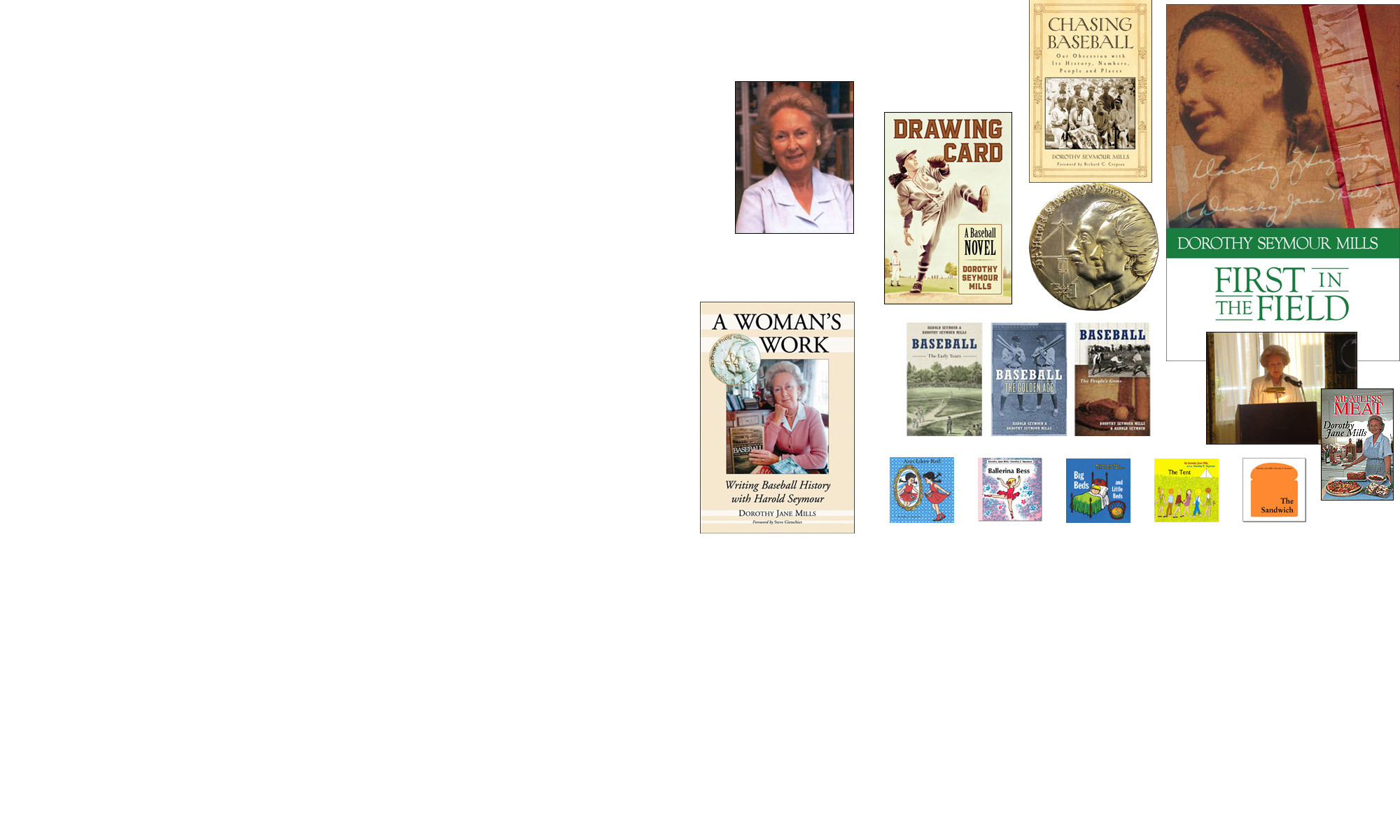Last month I read a new book, The Peabody Sisters: Three Women Who Ignited American Romanticism, written by Megan Marshall and published by Houghton Mifflin in 2005. Because I am a member of a Unitarian congregational, I enjoy reading about the early transcendentalist movement. While reading I this book I found a mention of early baseball, checking it out with research I once typed long ago for Harold Seymour’s Cornell dissertation in 1956 and with David Block’s book, Baseball Before We Knew It, published in 2005.
Marshall states that on a winter evening just after Christmas of 1830, a Boston family group sat together in their living room at 7 Tremont Place. The eldest daughter, Elizabeth Peabody, was talking with a friend; the middle daughter, Mary Peabody, was playing on her lyre; and the youngest daughter, Sofia Peabody, was writing a letter. Also present was a boy, Frank Rotch, 8, who was a paid lodger.
Frank was absorbed in his own reading. He was poring over a publication called The Boy’s Own Book. Frank Rotch was the heir to a New Bedford whaling fortune.
So what could an 8-year-old boy find in a book that would hold his attention on a wintry Boston evening? The Boy’s Own Book, originally a British publication, had been compiled by an author named William Clarke as a description of children’s games and how to play them. Several editions of this book were published. In 1829 an American edition came out; perhaps this was the book Frank was reading in December 1830. It was published in Boston by the publisher Monroe & Francis and in New York by Charles S. Francis. Some of the material in this book appeared five years later in another Boston book by Robin Carver called The Book of Sports.
The curious thing about these various English and American editions, in those days before copyright law applied, is that the English versions gave the rules for a game called “rounders” or “feeder” and the later American versions gave the same rules but called the game “base ball.”
We don’t know whether Frank Rotch played “base ball,” but we do know that he soon became persona non grata in the Peabody household, not because anything he did but because his father Francis became known as a sexual predator, having impregnated his much younger cousin. The tearful young women admitted it on the eve of her wedding to somebody else.
As a result, Frank’s father Francis was run out of town. When the eldest Peabody daughter, Elizabeth, sympathized with and traveled to console Frank’s mother, Boston citizens suspected her of having been involved in the affair herself. (That’s how helpful people are often rewarded for their kindness and sympathy.)
Because of Francis Rotch, Elizabeth Peabody lost some of her great reputation as a brilliant woman and progressive Unitarian. Moreover, within six months Frank’s mom had forgiven his dad, taking her son Frank and joining his father to start a new life in upstate New York.
Young Frank surfaced again when he was noticed at school by another brilliant Boston woman, Margaret Fuller, who was a school child at the time. Frank, who had been sent to Boston to study, was 11 years old in 1833, and Fuller mentioned in a letter home (found in letters collected by Robert Hudspeth and published by Cornell University in 2001) that Frank excelled in mathematics. Whether he excelled in baseball isn’t known.
But at least now we know of one boy who read The Boy’s Own Book and could have perused the rules of “base ball” in 1830. Sorry, Abner.
